25 Glorious Years!
Wednesday 19 November 2008
CodeGear’s David Intersimone wrote to me today to remind me of a very important anniversary - 25 years since Turbo Pascal 1.0 shipped!
Why, I wonder, does Ruby provoke such high passion?
Tuesday 18 November 2008
Some people get almost patriotically attached to their favourite programming languages. All I can say is: I don’t. My relative detachment sometimes causes offence - when, for example, I mention something I don’t like in a language or think is done better in some other language, some people seem to take it as a personal attack, akin to an act of sabotage or betrayal.
Adobe’s Web Graphics Tool Gets a Makeover
Thursday 13 November 2008
Adobe recently released new versions of most of its major software products including Photoshop, Illustrator, Flash, Dreamweaver and Fireworks. We’ll be taking a look at some of these over the weeks ahead - starting with Fireworks...
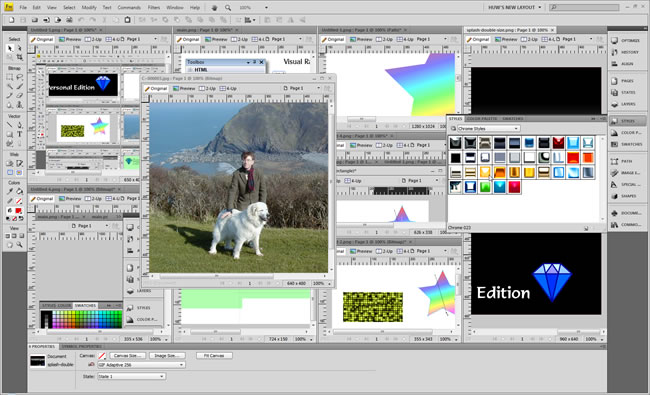
Tuesday 28 October 2008
I’ve just heard that ActiveState is about to announce the release date of the next version of its multi-language Komodo IDE. The official announcement of Komodo IDE version 5.0 will be made tomorrow (October 29th) but, always eager to get a scoop, we can give you some advance info now.
Delphi through the looking glass?
Monday 27 October 2008
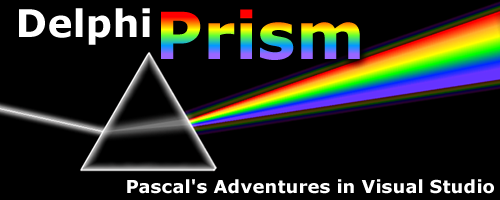
On October 27th, 2008, CodeGear launches a new version of its flagship product, Delphi - for the first time ever hosted inside Microsoft’s Visual Studio. Or is it really the first time? In fact, it turns out that this new product, called Delphi Prism bears more than a superficial resemblance to another product called Oxygene or (to use its previous name), Chrome. The Oxygene/Chrome language and development environment was first launched in 2005 by RemObjects Software. We’ve written about it previously in Bitwise and also discussed it with its Chief Architect, marc hoffman. So how come Oxygene has become transformed into Delphi Prism? And what impact will it have on Delphi programmers, Oxygene programmers or any other programmers, come to that? We decided to get the lowdown on Delphi Prism here in another exclusive interview with RemObjects CEO, marc hoffman.
Review: screencasting
Monday 20 October 2008
If you want to create animated software tutorials or product demos, you will need some kind of screen recording and editing tool. Here we look at two contenders, Blueberry Software’s BB FlashBack and Balesio’s ALLCapture...
Or how to make a Hash of an Object
Monday 13 October 2008
In this new series, I’ll be taking a look at some of the fundamental features of ActionScript programming. In part one, I’ll try to find out why the root class of the ActionScript class hierarchy is a Hash...
They Said They Wouldn’t Now They Say They Will!
Monday 6 October 2008
Apparently, CodeGear (the company that used to be Borland before splitting off any being bought up by Embarcadero) has said that they will launch a version of Delphi (Pascal) to be hosted in Visual Studio.
Freer than Beer!
Monday 6 October 2008
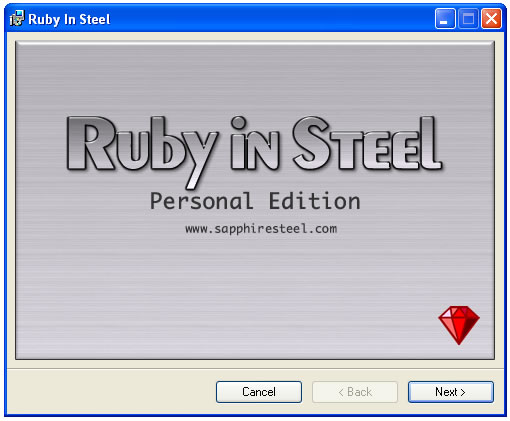
My company has just released a free version of our Ruby On Rails IDE which includes an (optional) Ruby-flavoured version of Visual Studio 2008. I did mention that it’s free, didn’t I...?
First Look at Dreamweaver, Fireworks et al
Sunday 5 October 2008
Adobe will be releasing a whole batch of updated products in Creative Suite 4 later this month. This will include (among other things) new versions of Photoshop, Illustrator, InDesign, the Flash IDE, Premiere Pro, Dreamweaver and Fireworks.
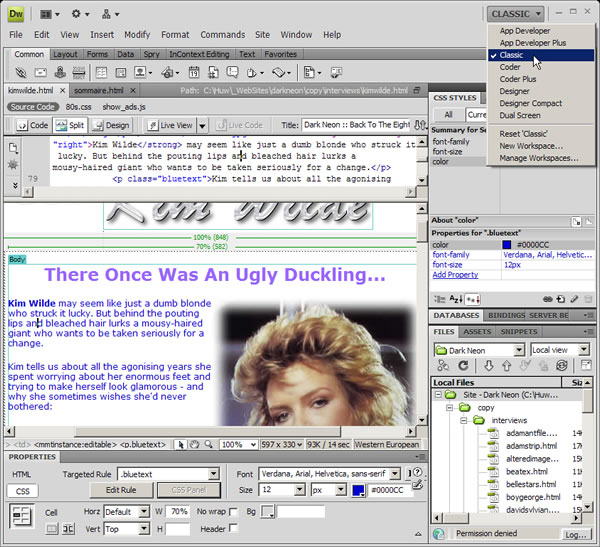
Dreamweaver CS4 - spiffed up, but not too much...
The language behind Flex, Flash and AIR
Tuesday 30 September 2008

For years, I had assumed that ActionScript was a language that occupied a small and not very interesting programming niche. It was the scripting language of Macromedia/Adobe Flash graphics. It was, in short, the thing responsible for making all those irritating animated advertisements fly around over web pages when I’m trying to read them.
Ten chapters down, ten to go...
Friday 26 September 2008
Image Processing - one size fits all?
Monday 22 September 2008
Blow Up 2
$249 ($99 upgrade)
http://www.alienskin.com
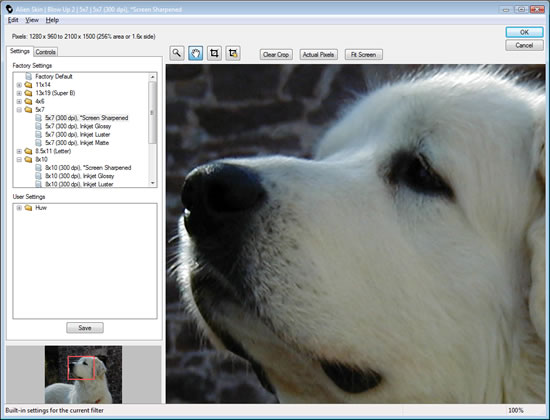
This shows the Blow Up 2 user interface with the lists of presets on the left and the previewed image on the right.
Book Review
Wednesday 17 September 2008
Something old, something new...
Monday 15 September 2008
Creating a new language is fascinating, exhilarating, infuriating and frustrating. But sometimes you end up feeling as though it makes you one of the bad guys...
Book Review
Saturday 13 September 2008
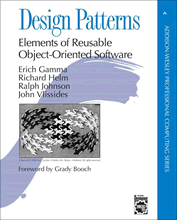
Design patterns : elements of reusable object-oriented software
$59.99 / £41.99
by Erich Gamma, Richard Helm, Ralph Johnson and John Vlissides
Hardcover: 416 pages
Addison Wesley
http://www.awprofessional.com
http://www.compman.co.uk/
ISBN-10: 0201633612
ISBN-13: 978-0201633610
Whew...!
Wednesday 3 September 2008
Software releases are incredibly exhausting.
Assignment statements
Monday 1 September 2008
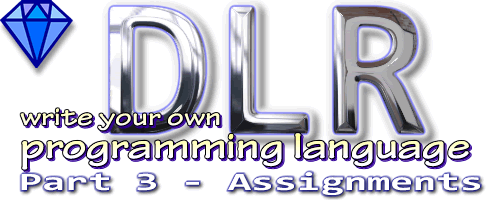
Dermot Hogan looks at what’s required to build your very own computer language using two new – and remarkable – tools. Microsoft’s Dynamic Language Runtime and ANTLR3 by Terrence Parr from the University of San Francisco.
So what’s the big deal with Ruby anyhow?
Tuesday 26 August 2008
The Ruby language has generated a heck of a lot of discussion on the Web over the past couple of years. Even so, the plain fact of the matter is that more people have heard of Ruby than have actually programmed in it.
Anti-virus/advertising/malware software
Monday 25 August 2008
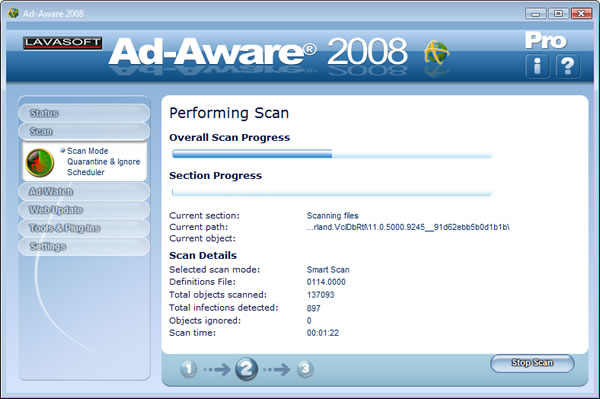
Ad-Aware is a good all-in-one disk cleanup tool - but with an annoying licence.
If your computer is connected to the Internet you can never be sure what nasty little visitors are surreptitiously downloading themselves on your hard disk.
More..
|
|
|
|
|
260
|
|
|
|
|